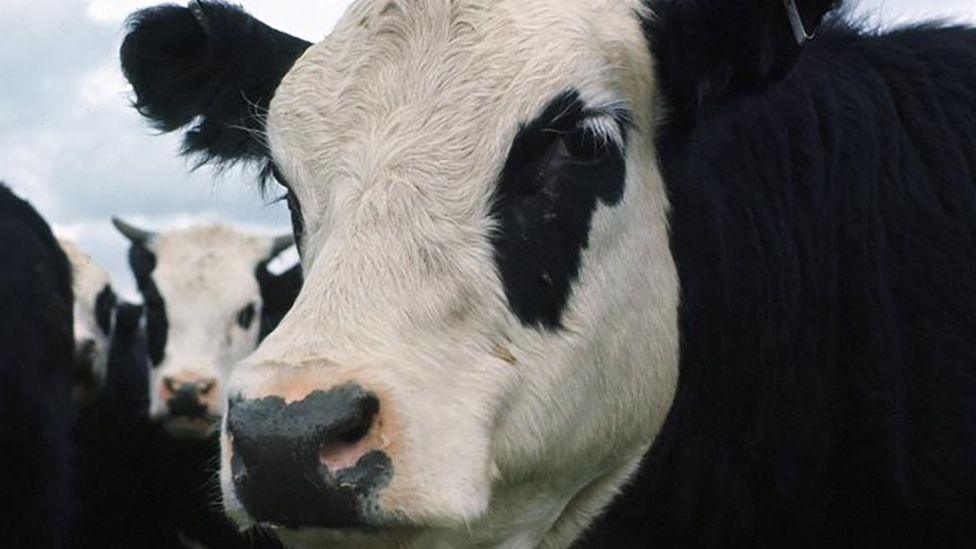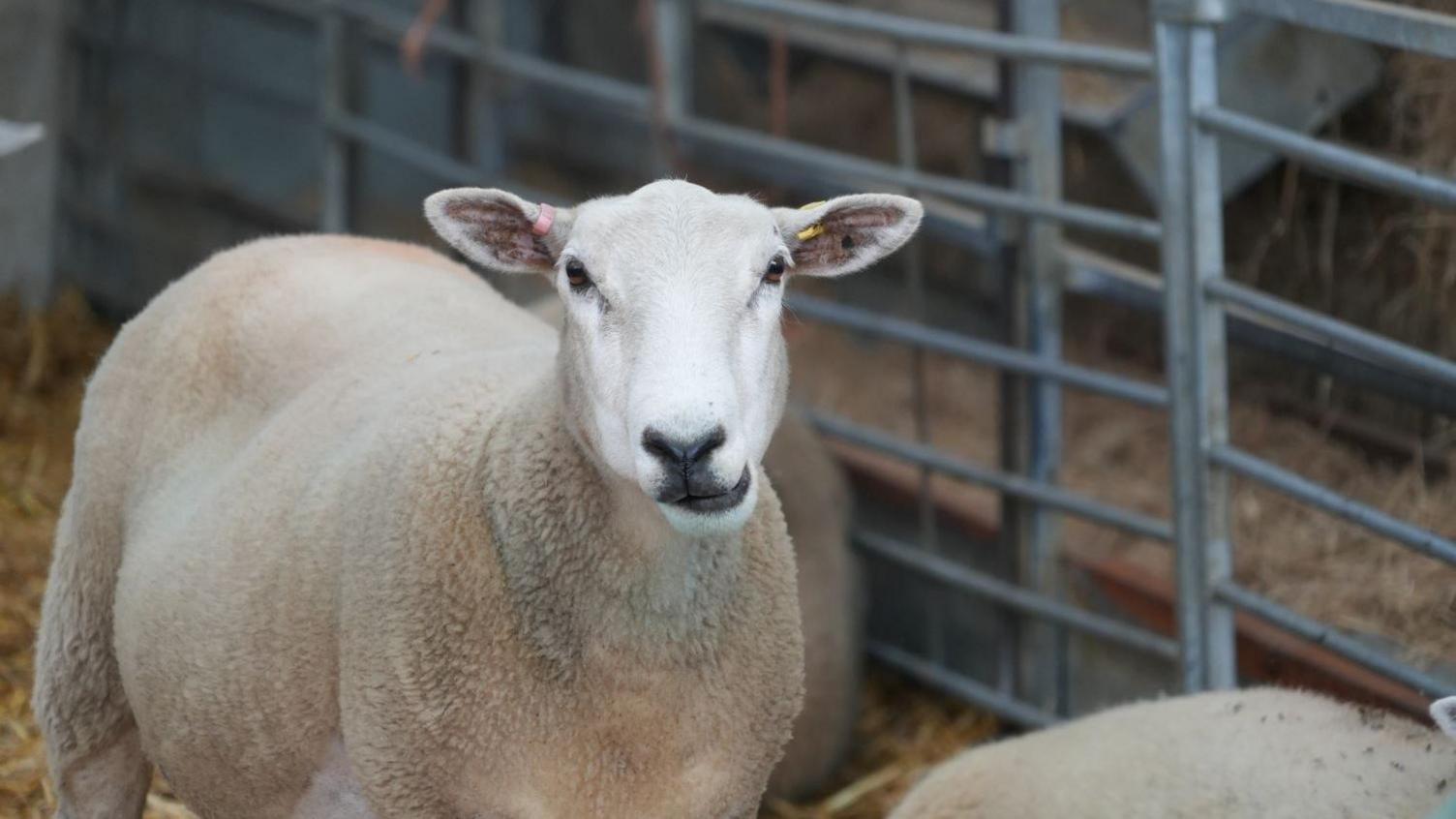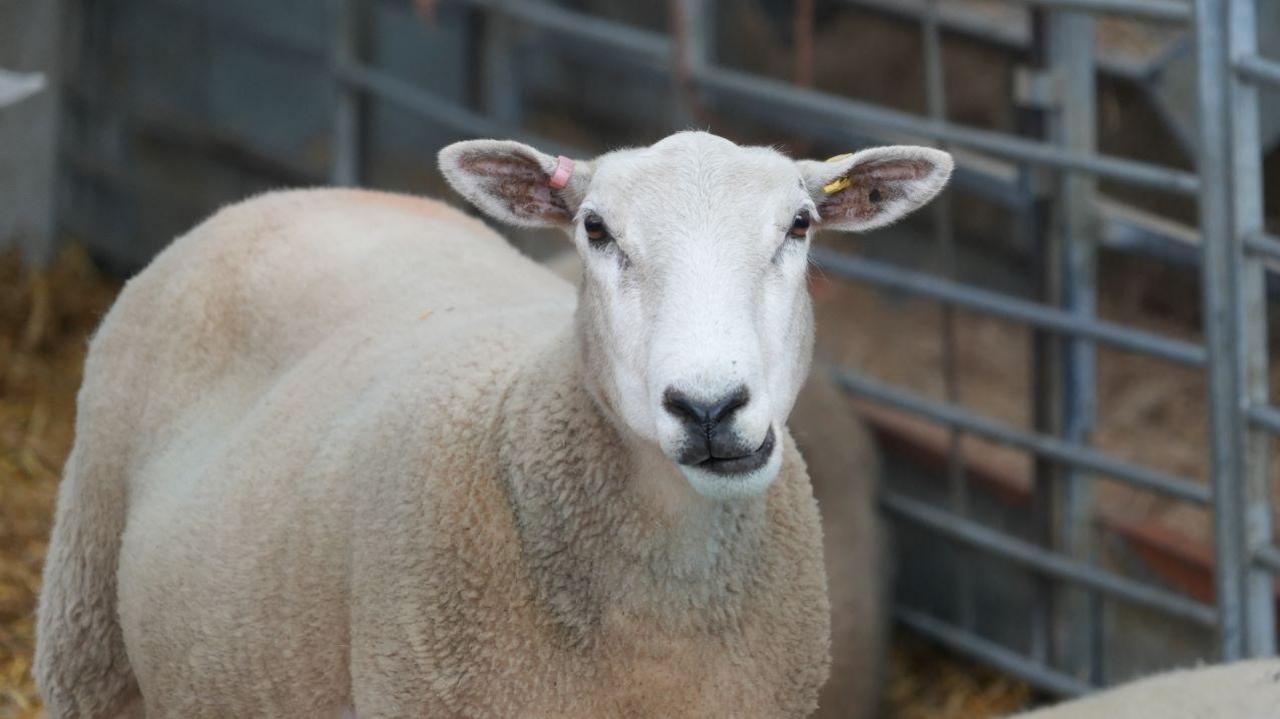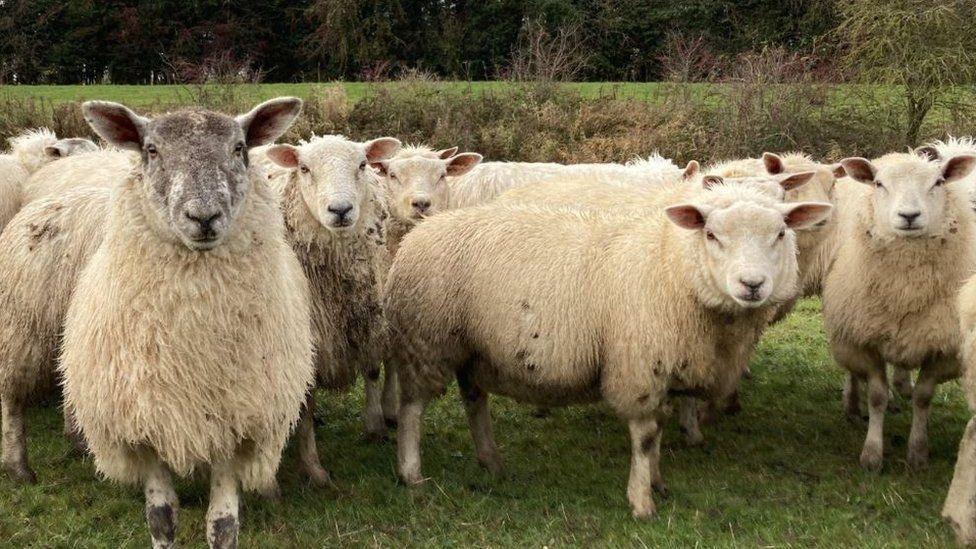Restrictions after bluetongue virus found in cows

- Published
Restrictions on the movement of livestock have been put in place after the potentially deadly bluetongue virus was found in cattle at a farm in East Yorkshire.
The Department for Environment, Food and Rural Affairs (Defra) said the virus had been identified at premises near Withernsea.
A 12-mile (20km) temporary control zone had been set up and the affected cattle would be "culled to minimise the risk of onward transmission", a Defra spokesperson said.
Restrictions have been brought in on the movement of cattle and other animals, such as sheep, deer, goats, llamas and alpacas, in the affected area.
The disease, which is spread by biting midges, causes a fever and swelling of the mouth in infected animals and can be fatal "in the most severe cases", Defra said.
However, it added that bluetongue posed no threat to humans or domestic animals and did not affect food safety.
On Monday, restrictions on animal movements, which had been implemented in Norfolk and Suffolk last month, were extended to Essex after more animals tested positive for the virus.
Listen to highlights from Hull and East Yorkshire on BBC Sounds, watch the latest episode of Look North or tell us about a story you think we should be covering here, external.
- Published3 September 2024

- Published4 September 2024

- Published31 August 2024
